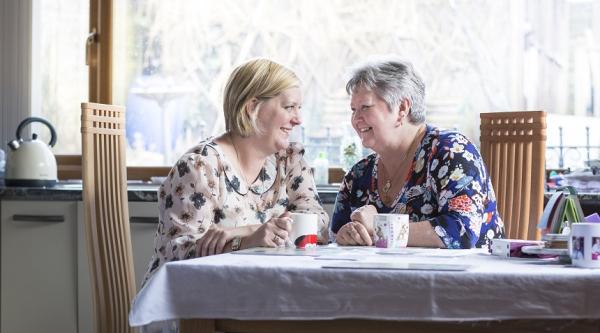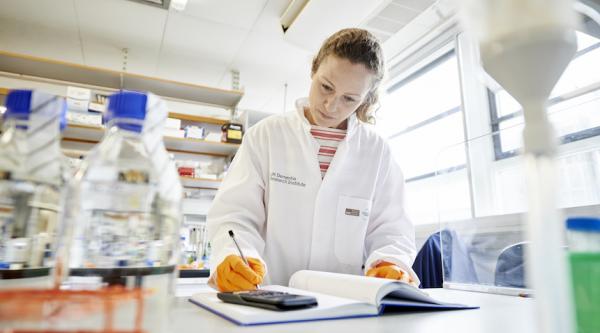Diagnosing young-onset dementia
Getting an accurate diagnosis is important but can take longer for a younger person. Read more about being referred to a specialist and genetic testing.
Young-onset dementia
Getting a young-onset dementia diagnosis
Getting an accurate and timely diagnosis of dementia is important. However, for younger people it can often take much longer. There can be specific reasons for this, including:
- Young-onset dementia is relatively rare and health professionals may not have much experience of associating the symptoms in a younger person.
- Early symptoms can be hard to recognise or not obvious. They might be put down to other factors such as stress, difficulties with relationships or work, or the menopause.
- This may be because early symptoms are less likely to be memory loss, and are more likely to be changes in behaviour, language, vision or personality.
If the younger person with dementia or other people dismiss early and mild symptoms or blame them on other causes, this can mean the person doesn’t get the support they need. It’s often only after someone receives a diagnosis that they and those around them can look back and notice when things first started to change.
The assessment process
The process of assessment and diagnosis for someone who may have any type of dementia, including young-onset dementia, usually starts with the GP (see Assessment process and tests). However, there is a wider range of possible causes of dementia in younger people, and so a more comprehensive assessment may be necessary.
In some areas there are specialist services for diagnosing younger people with dementia. They can help to make sure the person gets the information and support they need as a younger person. However, these services are only available in some areas. The GP should refer a person to this service if it is available locally.
If a specialist service isn’t available, people are often referred to services for older people. There should still be a named lead in young-onset dementia who should be able to offer appropriate information and support. However, not all services have this. Sometimes people are referred to more than one specialist if their symptoms are complex.
The assessment process often includes:
- taking a full history of the person’s symptoms, any changes they’ve experienced and the impact of these on day-to-day activities
- tests of a person’s mental abilities, behaviour and ability to do daily tasks
- a full physical exam
- at least one brain scan (often with more specialist scans)
- looking at other health conditions and how these can be managed effectively.
The process might include a lumbar puncture, to collect and analyse fluid
around the spine.
Why do I need a diagnosis?
A diagnosis may rule out any other conditions. It will also help you plan for the future. Find out more about getting an assessment.








